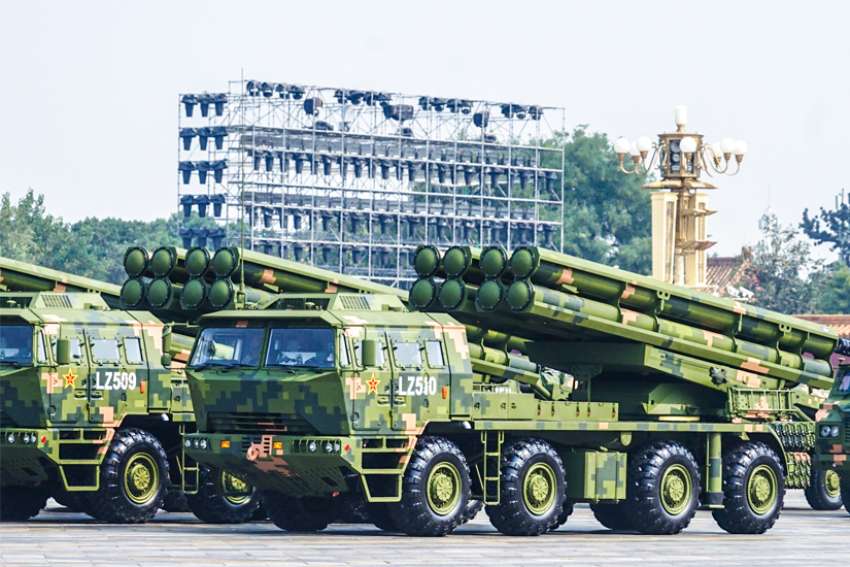It didn’t take long for them to be arrested, but they had made their point — and in the process embarrassed the U.S. government for its security flaws. The episode at “the Fort Knox of uranium” drew worldwide media attention and eventually became a subject for a film documentary. For Sr. Megan Rice, it was another working day on the anti-nuclear frontlines.
She ended up serving two years in prison before an appeals court set her free. And it wasn’t her first time behind bars, having been arrested dozens of times since the 1980s while protesting nuclear arms, which she believed were a crime against humanity as well as against Church teaching.
A few months after her release in 2015, while marking the 70th anniversary of the Hiroshima bombing, she told an audience of fellow activists: “I don’t feel like I’m free. I’m not out of prison. None of us is out of prison as long as one nuclear bomb exists.”
Sr. Megan died earlier this month, on Oct. 10, at age 91.
She lived life on her own terms, on the promise of her faith and with dedication to a cause. It is a life worth celebrating, with gratitude for her example of determination in the face of the seemingly impossible task of ridding our world of nuclear arms.
“It is incredible to consider how the bravery of this small, smiling, unassuming woman in standing up to the entirety of the U.S. military-industrial complex could bring so much awareness to the devastation our nation’s idolatry of nuclear weapons inflicts on people here in the U.S. and around the world,” said Johnny Zokovitch, executive director of Pax Christi USA.
While she came from a socially conscious family — her parents were good friends of Catholic Worker founder Dorothy Day — it wasn’t until after a long career in education that her passion for anti-nuke activism took full flight with the Plowshares movement.
Born in New York, she entered the Society of the Holy Child Jesus when she was 17. While earning several degrees, she became a teacher, working at schools in the eastern U.S. before being sent to Nigeria, where she taught in poor communities for the better part of three decades. On her occasional visits back to the U.S., emboldened by her congregation’s call to social justice, she was drawn to non-violent protests against an industry that ultimately threatened mankind. The passion never waned.
“Being an anti-nuclear activist satisfied my need to do what is just common sense,” Rice told Global Sisters Report.
There is no doubt Sr. Megan lived up to the motto of the Society of the Holy Child Jesus: “Actions not words.” She wanted us to know that we can, too.


